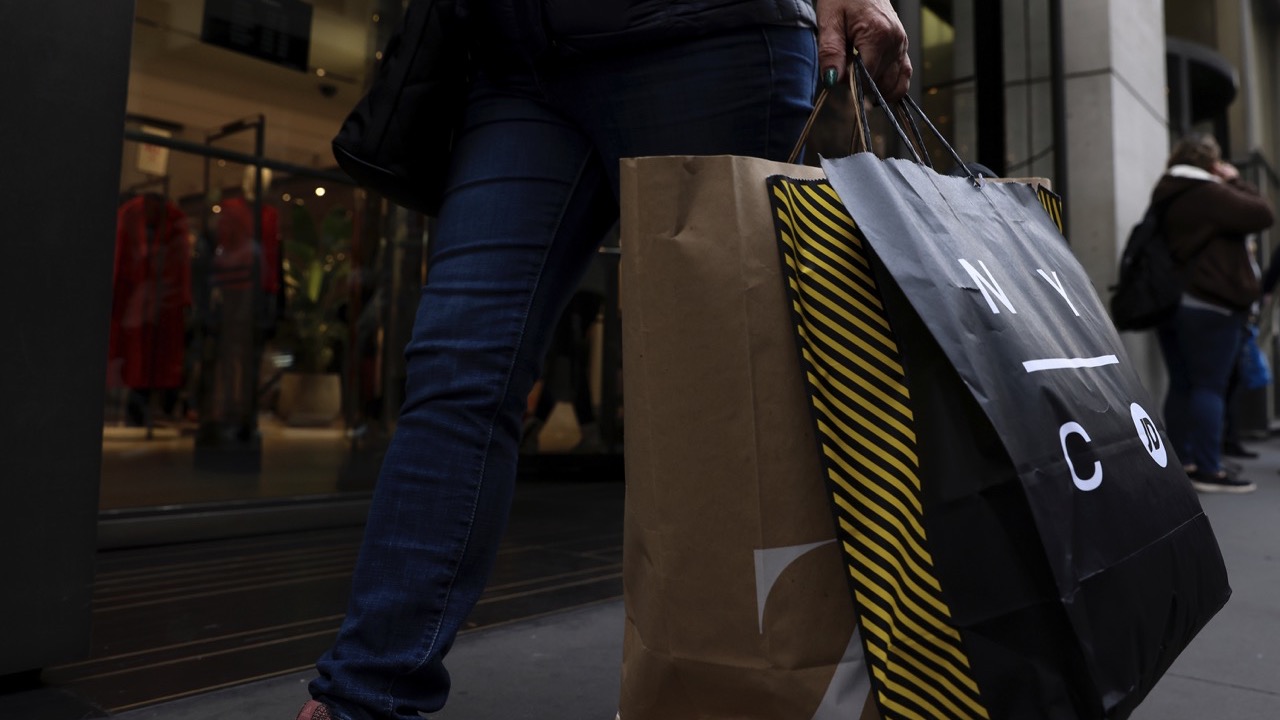
In April 2025, the US consumer sentiment recorded a shift as confidence levels dipped, indicating potential headwinds for the economy. The Conference Board Consumer Confidence Index revealed a sharp 7.9-point drop to 86.0 (1985=100), reflecting growing concerns about the future. This decline, largely due to deteriorating expectations, offers critical insights into evolving consumer behavior and its implications for the market.
Indicators and Consumer Sentiment
The report highlights a stark contrast between consumers' assessment of the present situation and their outlook for the future. While the Present Situation Index, which gauges current business and labor market conditions, saw a marginal decrease of 0.9 points to 133.5, the Expectations Index painted a more worrisome picture. This index, reflecting short-term outlook for income, business, and labor market conditions, plunged by 12.5 points to 54.4—the lowest since October 2011 and well below the recessionary threshold of 80.
Stephanie Guichard, Senior Economist at The Conference Board, noted, "Consumer confidence declined for a fifth consecutive month in April, falling to levels not seen since the onset of the COVID pandemic," emphasizing the significant role of dampened expectations.
Income concerns, inflation add to fears
Several factors have led to this decline in confidence, directly impacting consumer behaviour.
• Job market pessimism: A substantial portion of consumers (32.1 per cent) anticipate fewer jobs in the next six months, reminiscent of the Great Recession era in April 2009.
• Income concerns: For the first time in five years, income prospects turned negative, indicating that economic worries are now affecting personal financial situations.
• Inflation and tariffs: High inflation and the rising cost of living remain significant concerns, with tariffs also weighing heavily on consumers' minds due to their perceived impact on prices and the economy.
• Financial market volatility: Uncertainty in the financial markets has further eroded confidence, with a large percentage of consumers (48.5 per cent) expecting stock prices to decline.
• Recession fears: The proportion of consumers anticipating a recession within the next 12 months has increased to a two-year high.
Shifts in spending and purchasing plans
The report also indicates a shift in consumer spending and purchasing plans. It indicates reduced spending intentions that means, overall intentions to purchase services have declined across nearly all categories. Also, plans to spend more on dining out, previously a leading spending intention, have seen one of the most significant month-on-month declines on record. What’s more, purchasing plans for homes and cars have decreased, alongside reduced vacation intentions, although plans for appliances and electronics have shown mixed trends.
Table: Consumer Confidence Index Indicators
|
Index |
April 2025 value |
Change from March |
|
Consumer Confidence Index |
86 |
-7.9 points |
|
Present Situation Index |
133.5 |
-0.9 points |
|
Expectations Index |
54.4 |
-12.5 points |
|
12-Month Inflation Expectations |
7% |
Increase |
|
Consumers Expecting Stock Prices to Decline |
48.50% |
Increase |
The decline in consumer confidence is widespread, affecting various demographic groups. The sharpest decline was observed among consumers aged 35 to 55 and those in households earning over $125,000 annually. Interestingly, consumer confidence has decreased across all political affiliations. Guichard's underscore the gravity of the situation and says, "The decline was largely driven by consumers' expectations. The three expectation components—business conditions, employment prospects, and future income—all deteriorated sharply, reflecting pervasive pessimism about the future."
Thus the April 2025 US Consumer Confidence Report reveals a notable downturn in consumer sentiment, it’s largely due to concerns over economic outlook, inflation, and personal finances. This shift is influencing consumer behavior, leading to reduced spending intentions and increased caution in purchasing decisions. As consumers brace for potential economic headwinds, businesses and policymakers must closely monitor these trends to navigate the evolving economic landscape.












